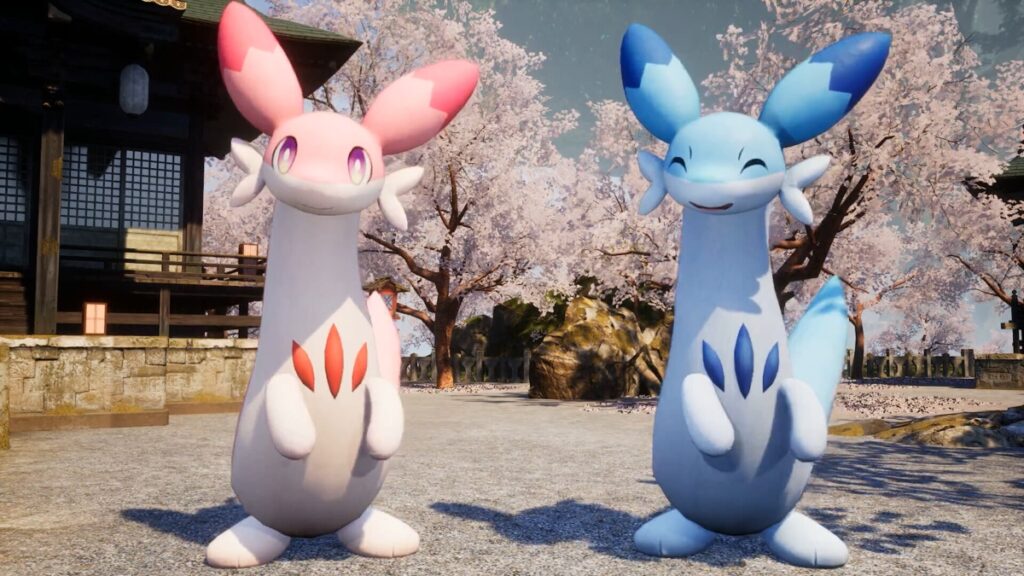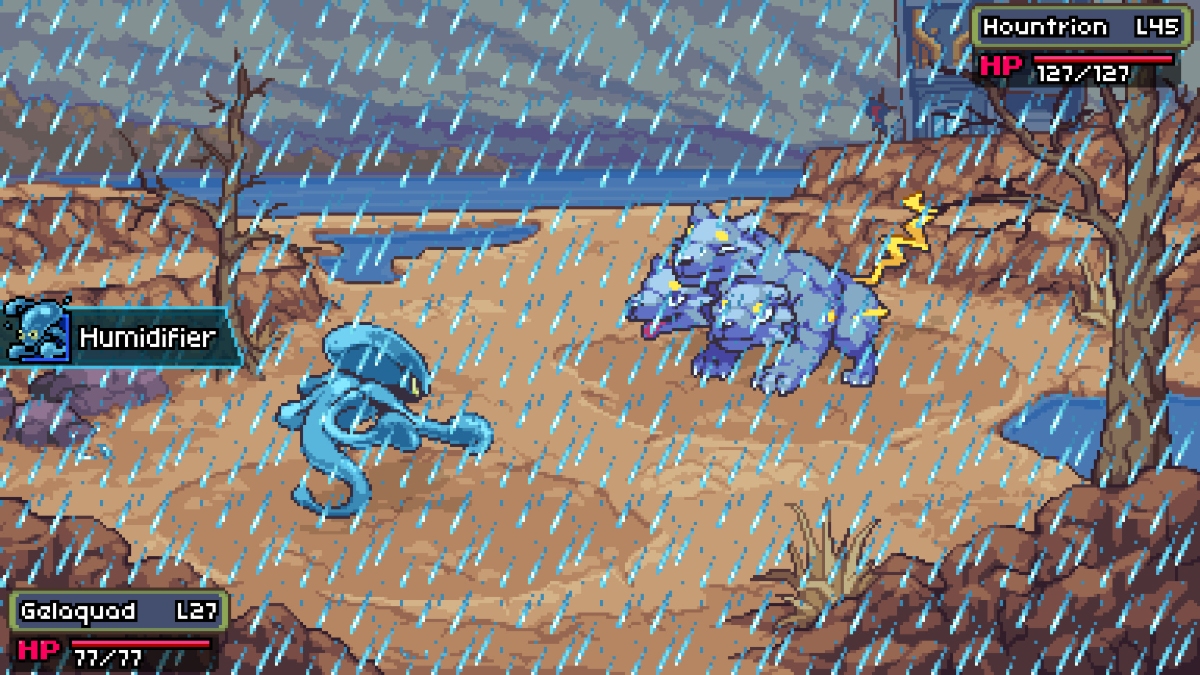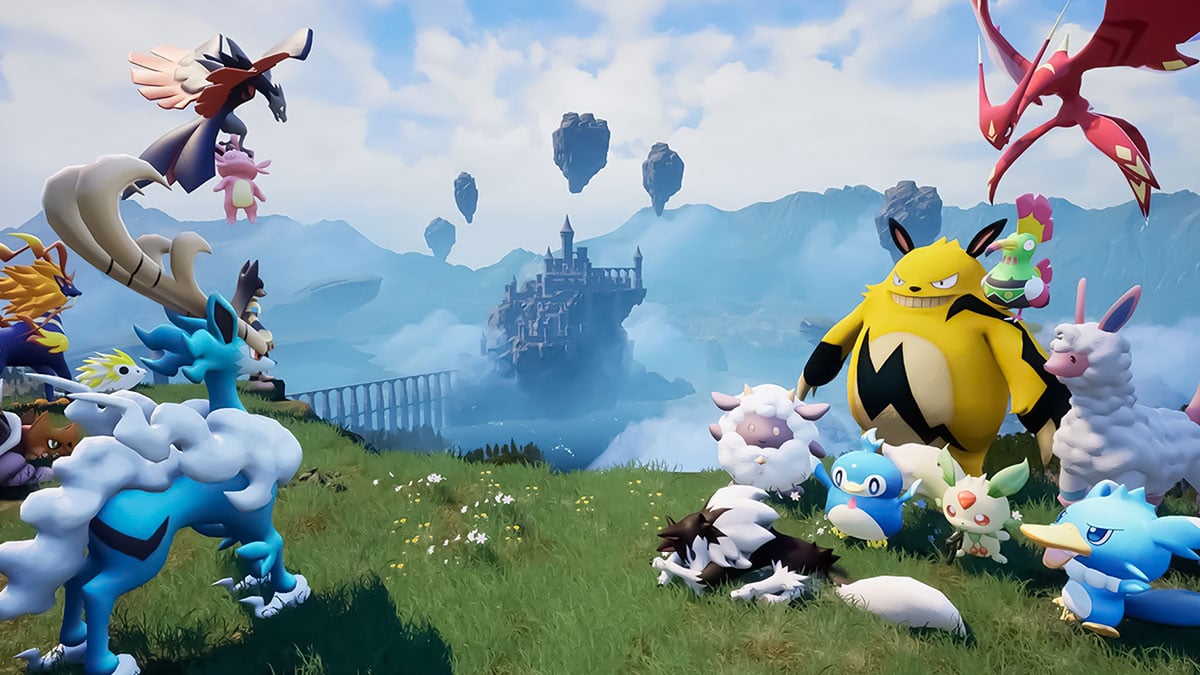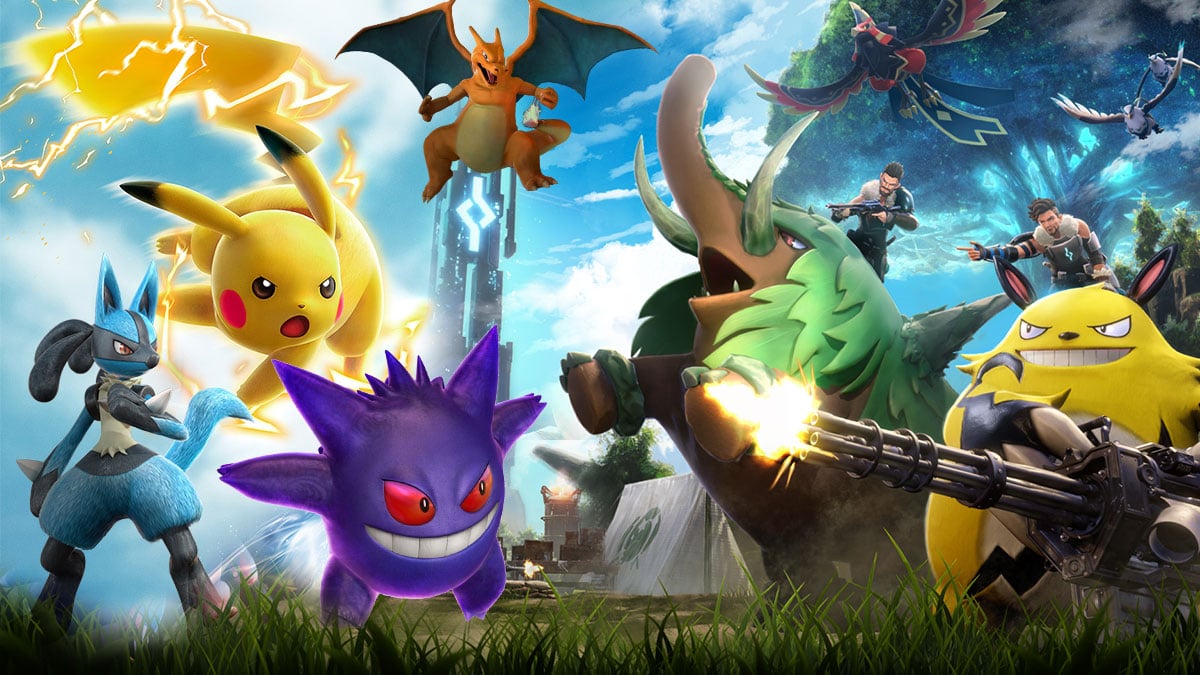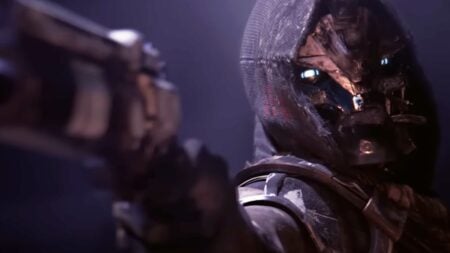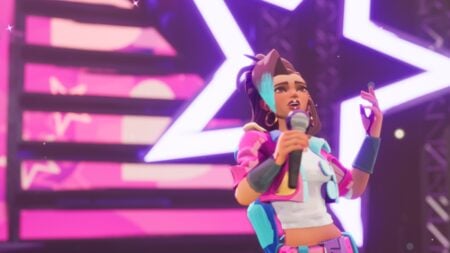Skip To...
2024’s first breakout game was Palworld and amazingly enough, it’s only in early access. An incomplete game taking the world by storm like that is likely due to one thing: it’s a Pokemon clone and everybody loves Pokemon. Palworld‘s huge success, however, cast a large shadow: Nintendo, Pokemon‘s owner, has drawn first blood with a patent infringement lawsuit that’s still currently ongoing.
It would be naive to say that nobody expected such an action from Nintendo, of course. Heck, even Palworld players probably expected the lawsuit as they were enjoying the game with their Pals and their pals alike. Some of Palworld‘s mechanics, designs, and even themes are way too similar to Pokemon.
This lawsuit has been ongoing since September 2024 and even Palworld had to cave by adjusting or removing some mechanics that are too reminiscent of Pokemon. However, other, more obscure developments in the gaming industry might have suggested that Nintendo is just using the patent infringement lawsuit as a pretense when what they’re really after is Palworld‘s success (or maybe something else that’s threatening them).
The “Other” Pokemon Clones
The thing is, Palworld certainly isn’t the first to copy the Pokemon formula or even the name. Digimon even brazenly did it one year after Pokemon was introduced to the world. Digimon has so far remained safe (though they also did a great job in avoiding Nintendo’s cantankerous patents for Pokemon).
But more recent examples would be the 2022 Coromon and 2020 Nexomon, both of which even borrowed Pokemon‘s turn-based battles, evolution, and exploration system from the GameBoy era. These two games remain relatively untouched and safe from Nintendo’s eyes and they’re also available in the Nintendo Switch store (in certain regions).
So, what’s the difference between Nexomon and Coromon and Palworlds that warrants one of Nintendo’s most pissy lawsuits?
Palworld Has Proven it Can Outsell Some Pokemon Games
There’s the fact that Palworld‘s developer, Pocketpair is based in Japan and thus is beholden to Japanese laws. Palworld also borrowed the concept of Poké Balls (which they retracted anyway) among other game ideas Nintendo claims as theirs. However, money and success have arguably dwarfed both of those factors.
To put things into perspective, Palworld has sold 25 million units. Meanwhile, the latest mainline Pokemon game, Pokemon Scarlet & Violet (2022) also sold 25 million units. Prior to Scarlet & Violet most mainline Pokemon games have struggled to break 15-20 million units (with the exception of 26 million sales from Sword & Shield).
So you can imagine Nintendo’s reaction when a game from a relatively tiny indie studio on a much smaller budget that’s basically new to the industry started performing dangerously close to their most successful titles. Palworld and its developer Pocketpair have not only outperformed most Pokemon games but also shown just how lazy and complacent Nintendo has gotten with its cash-cow franchise.
Now, an indie studio with a new idea and a smaller budget can seemingly challenge and potentially outsell Nintendo who once previously thought its beloved Pokemon was untouchable and water-tight. Goliath was starting to feel scared of David’s sling.
In This Case, Nintendo’s Video Game Patents Might Have Harmed Them More
It’s no secret that Nintendo is one of the most protective studios in the gaming industry when it comes to their IPs (intellectual properties) and their video game concepts. They even managed to put a patent on monster-catching balls and are now putting a claim on monster mounts (in Palworld).
A recent conference in Tokyo eSports Festa 2025 saw the legal teams of Nintendo, SEGA, Capcom, and even Konami spoke out about video game patents. There, they justified that these patents were meant to ensure the “survival of the company” and not to bully smaller game developers.
Such reasoning has never resonated now more than ever, with Nintendo’s patent lawsuit against Palworld. But it appears in their “efforts” to “survive,” companies like Nintendo have become too afraid of competition, with their video game patents often serving to stomp out competition before they could even manifest.
In turn, the lack of competition could make businesses take their customers for granted, as is evident in Nintendo’s lack of innovation or polish in its latest Pokemon games (and even before Scarlet & Violet). Fans still kept buying them, of course, because there was no competition, no other option. Nintendo’s monopoly on Pokemon‘s idea reigned supreme but festered from within, like a royalty that sat for too long on the throne and grew arrogant.
Until Palworld came into the picture. Palworld gave millions of disgruntled and disappointed Pokemon fans the fun on which Nintendo’s franchise has been missing out. Hence, in Nintendo’s attempt to stomp out fierce competition for Pokemon, it helped create what it feared in the form of Palworld. A self-fulfilling prophecy.
The Battle for “Patents” Rages On
With Palworld cleverly evading Nintendo’s patents for Pokemon, such strict copyright shields could then be further rendered useless. And in the event that Nintendo wins and manages to shut down Palworld, the latter has already shown the world just how many Pokemon fans are hungry for a Pokemon game that actually wants to be fun and not just a money printer.
Seeing as part of the reason why Nintendo was able to fervently pursue a lawsuit against Pocketpair is how the latter is also based in Japan, it could then be difficult for Nintendo to extend its rigid video game patent laws and enforce them outside of the country. Now, with Sony investing in Palworld and Pocketpair, it’s going to be more interesting for Nintendo.

